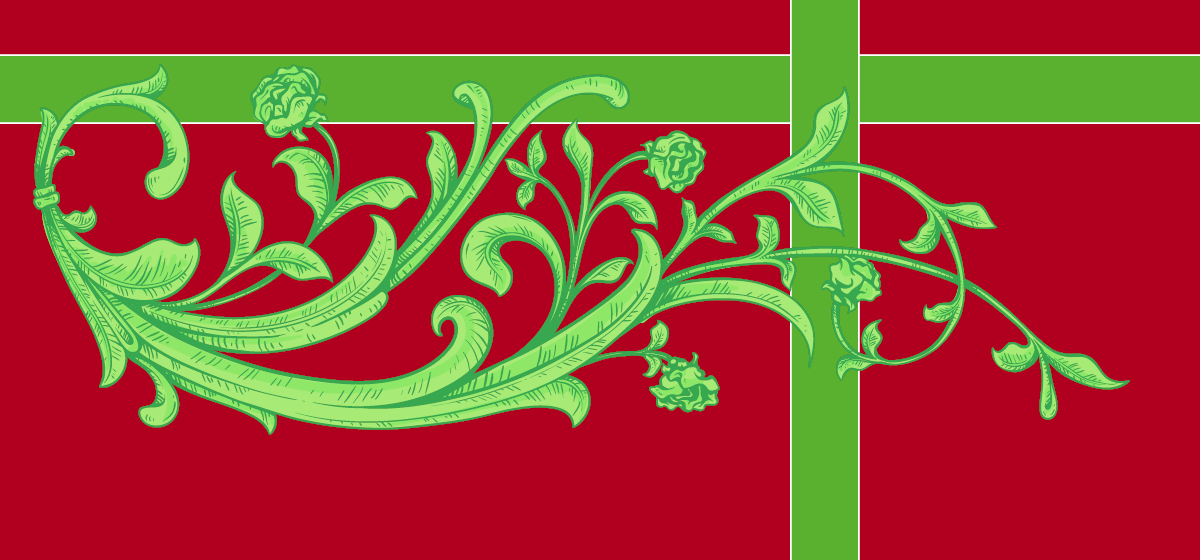
Lilija’s long journey to America began during World War II, when Russia defeated Germany in the Battle of Stalingrad. The German army retreated and reached eastern Lithuania; meanwhile, the Russians began bombing Lithuanian cities. Lilija’s family, who had lived in the city of Marijampole, fled to a friend’s farm in the country. In September 1944, they followed German soldiers into Germany and spent four weeks in Berlin. At the end of World War II, the United Nations Relief and Rehabilitation Administration (UNRRA) relocated refugee families like Lilija’s to “displaced persons camps.”

The young couple arrived at Ellis Island in 1958. They lived in New Jersey, Illinois, Florida, and Texas, ultimately settling in Conroe in 1979. Lilija worked tirelessly on behalf of the captive nations of the world and has visited the Oval Office twice. Now a widowed mother and grandmother, she lives in Montgomery. She enjoys working with the Republican Women’s Club—a group she helped organize—and is an active supporter of veterans. She was a guardian on two Texas Honor Flights to the World War II Memorial in Washington, D.C. and often visits Ellis Island, where she first stepped onto American soil.
 What are your early memories of Lithuania?
What are your early memories of Lithuania?The Germans came through the Baltic countries to get to the Soviet Union. The Germans came first, and then the Russians came through when the Germans retreated. During the Holocaust in Lithuania, I heard my friends being marched; I heard the shots. The Germans said, “You want to leave away from Russia; follow us.” We ended up in Berlin. We were there for D-Day. When Germany was divided, there were French, German, and American zones. We were put in refugee camps, because the Germans didn’t want refugees on the streets. We were in the American zone for five years.
 How did you end up in America?
How did you end up in America?My father always had great respect for America—the greatest nation in the world. That’s all I ever heard. Even in Berlin, there were bodies all over the place. My father would look up and say, “Look up. The guardian angels are looking out for us.” What he meant was the American servicemen were fighting for us. He would thank the American servicemen for fighting for us during the bombing of Berlin.
Immigration opened in 1949. To come to America, you needed someone to sponsor you. That way you wouldn’t ask the government for anything. We didn’t have a sponsor. If you signed a contract with the Australian government for two years, they transported you to Australia free. My father and hundreds of thousands of other immigrants left in 1949. It was on a navy ship. Men were on one side, women on the other. There were 800; half the people died. It took nine years to get a visa to America. My husband had an aunt who lived in Chicago. That’s how we came in 1958.
 What are your memories of Ellis Island?
What are your memories of Ellis Island?I was sitting on this ship, looking up at the Statue of Liberty. Can you imagine how I felt? Once we were at Ellis Island, it took all day—almost 24 hours—to get processed. From Ellis Island, they won’t let you leave. They take you to a train. The train took us to New Jersey. We had sponsors who picked us up. My husband’s aunt lived in Chicago. After a couple of weeks, we went to Chicago. My first job was in a Lithuanian bakery across the alley from where we lived. My husband was the accountant, and I took donuts from the line as they came from the oven. My husband worked days, and I worked nights. We came to Texas years later when my husband bought a motel in Greenville, outside Dallas.
 And you are now a proud American citizen!
And you are now a proud American citizen!I became a citizen on July 26, 1972. My passport is always valid. When I go to vote, they know me. I use my passport as an ID. My green card and my passport come with me to vote. Because I have a big mouth, they gave me a replacement green card. Otherwise, they take it away when you become a citizen.
The servicemen who brought us food in the refugee camps gave my father pencils and paper. He wrote to all the free nations in the world to form committees to free the captive nations. In Australia, that is all we talked about. I grew up with that. I wear the shirt: “Freedom isn’t free.” I had an audience with Pope John Paul in 1987. I asked him to free Lithuania. I was the first one to get the Texas governor to proclaim Captive Nations Week. I got a proclamation from Governor Clements. The freedom of the captive nations started when the Berlin Wall went down. President Reagan was the only one strong enough. Without American support, no president could have freed the captive nations.
In 1999, I went back to Lithuania. I hitchhiked across the country. On Christmas Day, I went to the city where I was born—to the church my parents were married in, where I was baptized—to hear high mass. There were hundreds and hundreds of people. The police came and took the chains off the church for the first time since 1946. God gave me the gift of witnessing that. All the churches were opened that day—Christmas Day.
 How did you become active in American politics?
How did you become active in American politics?For two years, I worked as a volunteer. I met James Baker when he was running for attorney general. I had my amber beads on. He asked, “Where did you get those?” I said, “These are the beads of Lithuania.” He said, “Our best friends in Chicago are Lithuanian.” James and Suzanne Baker invited me to their home. The school was real bad in Greenville. I asked him where I should move. They said Conroe, because they need a Republican women’s club. They are the ones who introduced me to George Bush, Senior. I was at the kitchen table when he said he was going to run for president. We did nothing but talk about freeing the captive nations. Like my father said, “I was born not crying but talking.” God gave me a big mouth, so I go out and use it. I campaigned for Bush and Reagan. They asked me to find different nationalities in Houston that would vote. There were 14 different nationalities all over Harris County, from Vietnamese to Filipino to Polish to Lithuanian. How can I not say thank you to America for allowing me to do that? My family couldn’t even go to church for 50 years in Lithuania. Here, I can stand on top of a building say as much as I want about one candidate or another.
 Tell us about your work with veterans.
Tell us about your work with veterans.
I just mailed 200 Christmas cards to five different hospitals. This is my fourth year. I buy them after Christmas when they are cheap. I already have my cards for next year. The veteran group that meets every Wednesday at 105 Storage signed them—Vietnam, Korea, WWII veterans. Can you imagine? A soldier back from Iraq or Afghanistan, laying there in San Antonio in the hospital, opens a Christmas card and it says, “Bless you. I wish you a Merry Christmas. I served like you, in World War II, in Vietnam or Korea.” Can you imagine the joy on their faces? I have had some letters from the volunteers at the hospitals, thanking me. The veterans love it. They say, “Where are the cards?” They are the ones who want to do it.
Why do you think I keep going there? I watch those immigrants. They don’t come to Ellis Island anymore. When they get off that ferry, and they look up to that Statue of Liberty, their eyes are like Fourth of July fireworks. I sit on the edge there for a couple of hours and I watch these immigrants. I see myself, how I felt when I looked up at that Statue of Liberty, thanking my father that I am there at last. The joy I get going to Ellis Island and the Statue of Liberty—I can’t express it.



